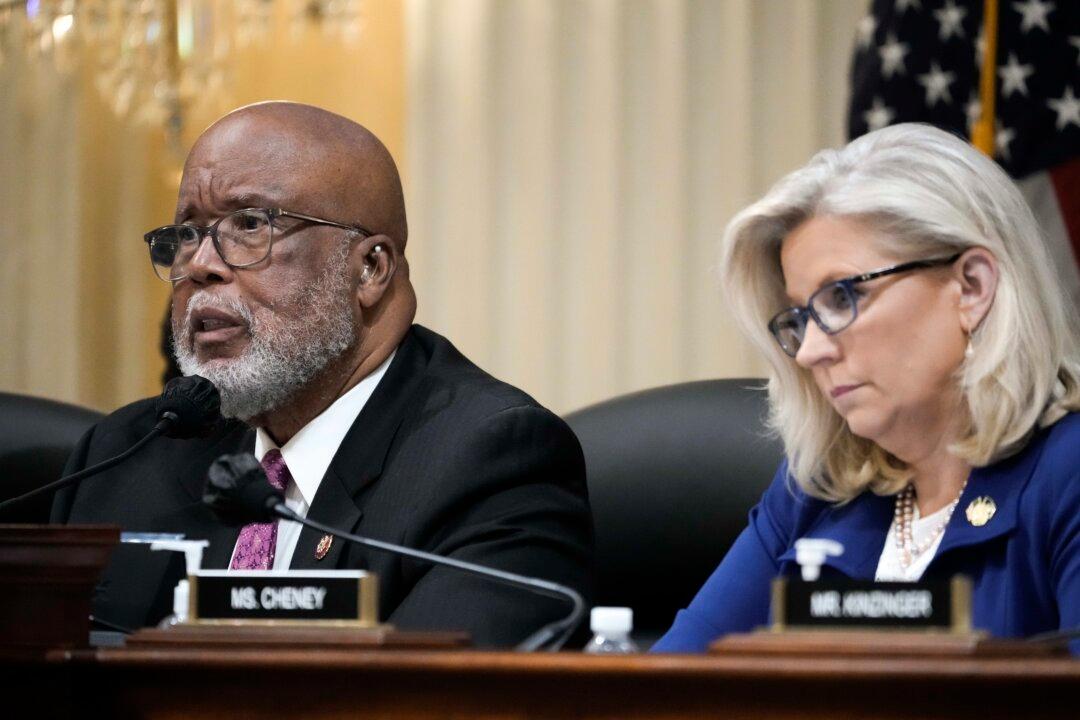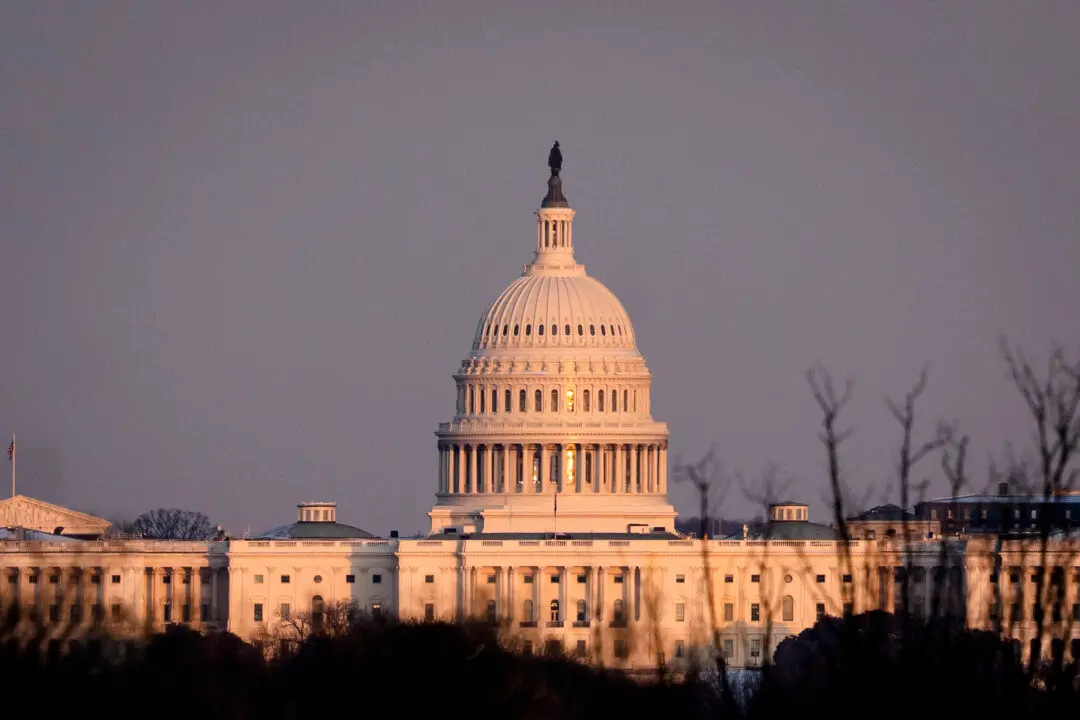The House January 6 Committee on Oct. 13 met to unveil text messages, testimony, and other never-before-seen records from White House and Secret Service officials.
Since its first hearing in June, the members of the committee, which seats seven Democrats and only two Republicans, have made their position on the Jan. 6 “Stop the Steal” rally clear. Members have in no uncertain terms blamed former President Donald Trump exclusively for the breakdown of order on Jan. 6, but their efforts to make this claim have sometimes relied on altered evidence.





